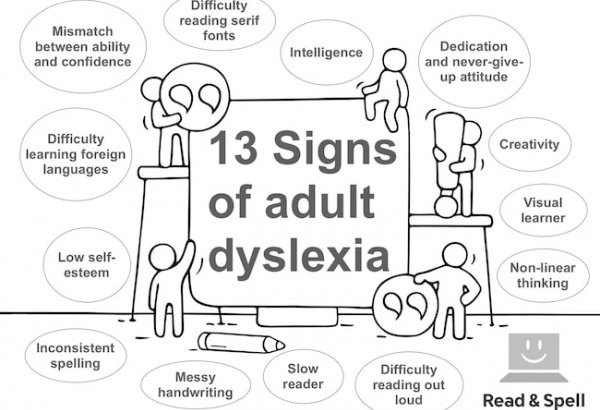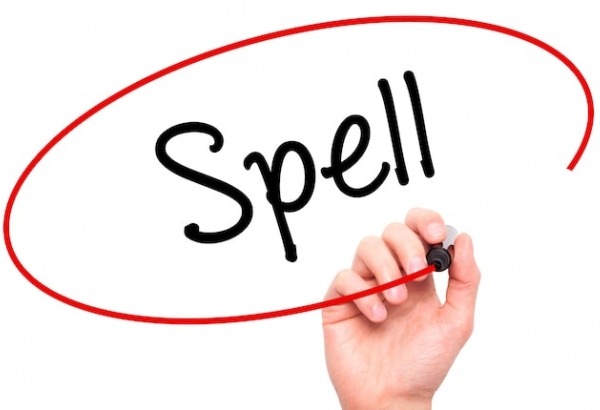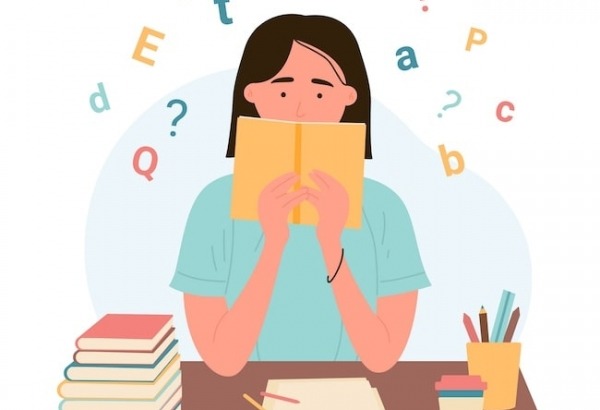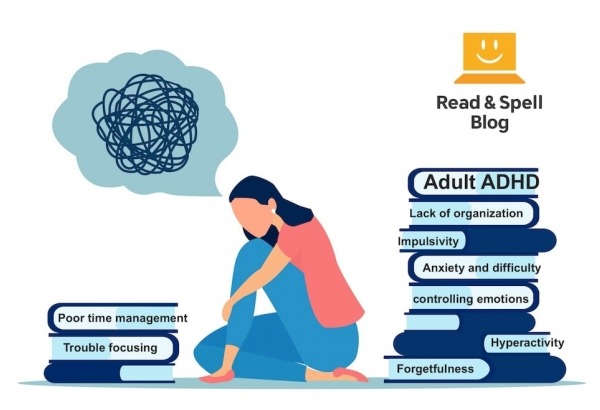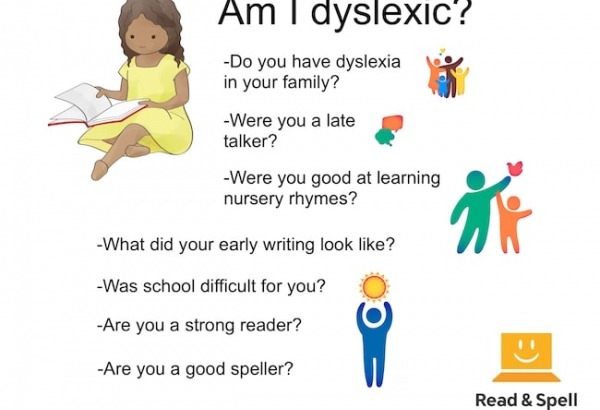Dyscalculia is a learning difficulty that affects an individual’s ability to do basic arithmetic such as addition, subtraction, multiplication and division. Adults with dyscalculia often take longer when working with numbers and may be more prone to making mistakes in calculations.
They can also experience higher levels of anxiety and frustration. It may be harder for adults with dyscalculia to learn and recall math facts, such as times tables.
Estimation skills can also be affected. Dyscalculia is not a reflection of low intelligence, nor does it mean an adult will not be successful working through higher order mathematical reasoning. However, many people with dyscalculia believe they are simply bad at math.
Because math is involved in various areas of the school curriculum, from chemistry to physics, as children these individuals may have felt they were less capable of achieving success in the classroom. Over time these feelings can develop into low self-confidence and low self-esteem.
Adults with poor math skills are more likely to suffer in terms of career opportunities and management of personal finances. There’s additionally a greater chance they are struggling with more than one learning difficulty, such as dyslexia, or an attention disorder like ADHD.








